The Tokyo Olympics 2020 has experienced a style of it’s own. From the players to the corporate world surely unfamiliar times.
The Olympics have witnessed a unique strange sort of Olympics. Silent and unusual. Normally a noisy festival of sporting conquests and calamities and just about everything in between, the coronavirus-tainted Tokyo Games have been an understandably muted affair.
Apart from the masks, temperature checks, daily Covid-19 testing and podium presentations at which athletes have awarded their medals to themselves, these Games will largely be remembered for their silence. No crowds, no exuberant vibe in the host city and little of the usual spontaneity that make this sporting spectacle unique.
This has been particularly apparent at sports venues where even the athletes’ teammates haven’t been able to support them from the stands. Had national anthems not been sung before the matches at the Oi Hockey Stadium, one could have been forgiven for thinking it was a Wednesday night club game – apart from the high standard on the pitch, of course.
In fact, the most prominent sound during these encounters was that of the cicada beetles in the surrounding Oi Pier Ocean Park. In the absence of crowds, the ubiquitous beetles, synonymous with Tokyo summers, have provided something of a soundtrack to these Games.
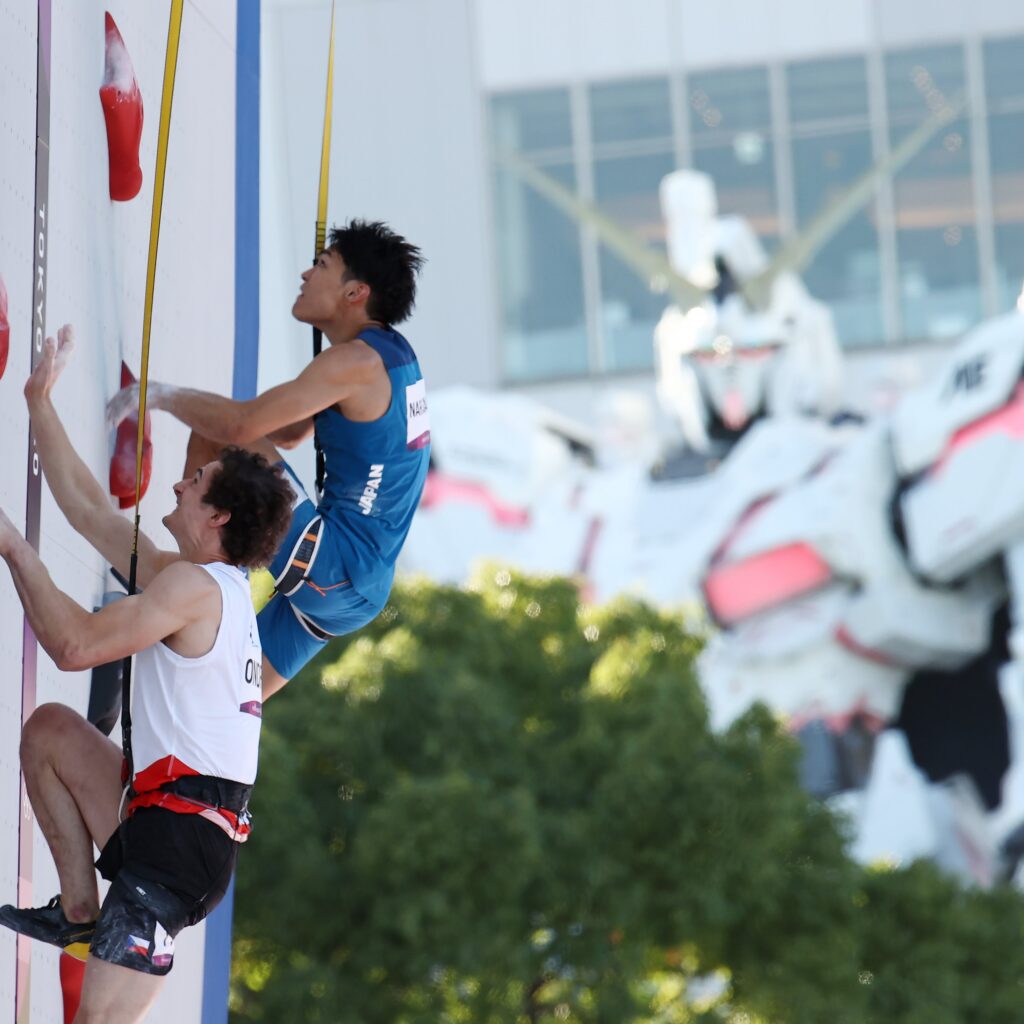
Photo/Courtesy
For some athletes, the lack of noise and added pressure that comes with it have been an advantage. But for others who thrive on the buzz and energy that are generated by an excited crowd, it has been the exact opposite. And for those who rely on the support of their friends and family on the big occasions, it has been even tougher.
On gold and silver medallist Tatjana Schoenmaker’s first visit to the Tokyo pool, she and training partner Kaylene Corbett joked about where they would have gone to hug their families after their races, had they been in the Japanese capital as planned. As it turned out, Schoenmaker merely got to wave at a screen on the side of the pool after her world record-breaking performance, with organisers arranging special links to loved ones back home for the medallists.
“It’s sad they won’t be there but that’s okay. We know they’re at home watching with other family and friends so there’s probably more of a vibe there,” the Pretoria swimmer had said before the start of the Games.
Strange Olympics
The Schoenmaker household was indeed buzzing with family and friends arranging a sleepover so that they could wake up in the early hours to watch the swimmer doing her thing. “I think if her family was here, it would have had a very nice calming effect for her because she has a very nice family that doesn’t interfere,” said Rocco Meiring, Schoenmaker’s coach.
South African 400m hurdler Wenda Nel shares Meiring’s sentiments on the usual crowds experienced at athletics meets back home. “I thought it would be weirder,” she admitted. “In a way, there’s definitely an atmosphere with the announcements and everything. Also, with the colours of the chairs [a dappled combination of grey, green and white], if you don’t focus too hard it feels as if there are people in the stadium.
First-time impressions
For gymnast Caitlin Rooskrantz, who is the first South African in history to book her place at the Games by qualifying through the World Championships rather than a continental berth, it took some reminding that she was at her first Olympics.
She shares her first experience in the competition saying that; “It was incredible … It was a lot to take in and a lot of times throughout the competition I had to remind myself I’m at the Olympic Games because we don’t have the huge crowd and stuff, so you have to remind yourself that this is an Olympic Games. But I really enjoyed the experience,” she said.
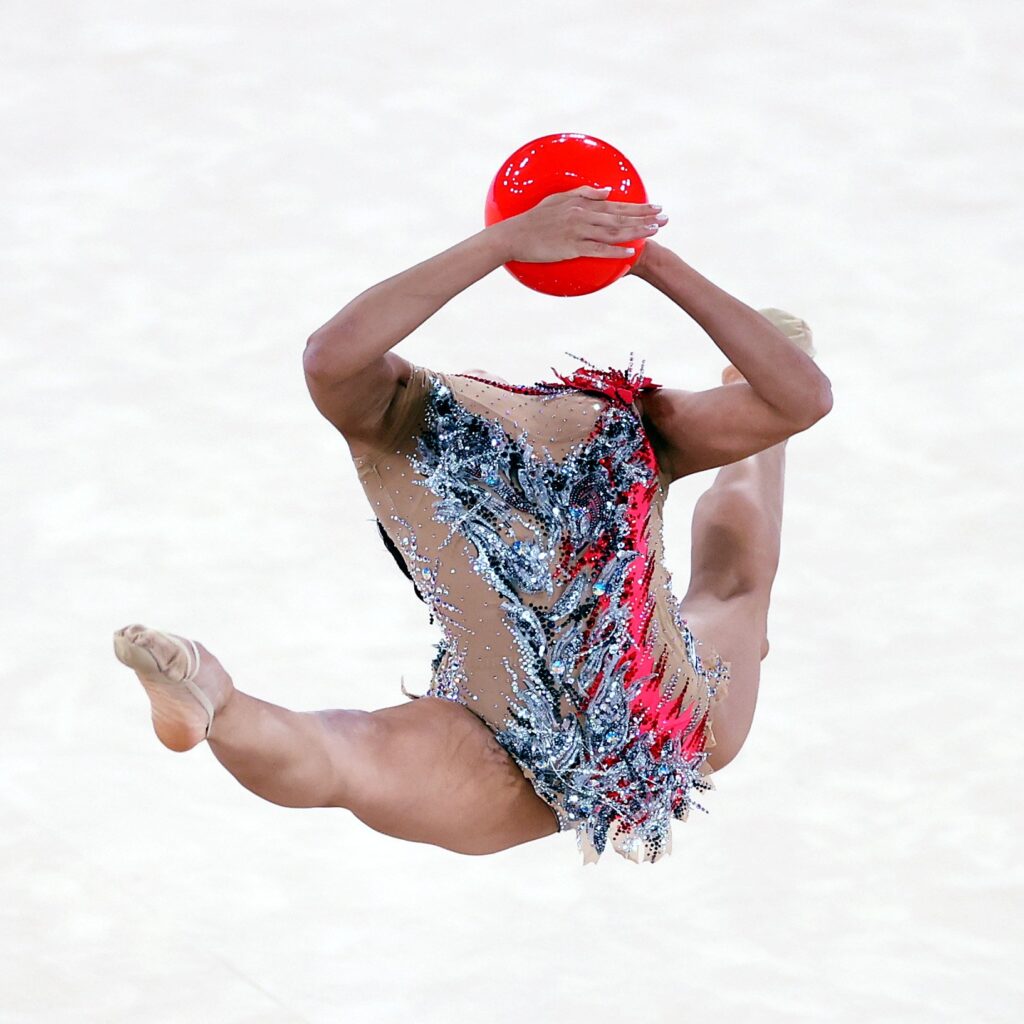
Photo/Courtesy
In a sport such as swimming that was held in a smaller venue than the 68 000-capacity Olympic Stadium athletics arena, it was easier for team members to support their fellow swimmers. And Team South Africa was relatively larger than in some of the other codes. “To be completely honest with you, I really miss the crowd,” admitted Corbett. She was also competing at her first Olympics, but had the experience of a World Championships final behind her.
That reality is still some way off it seems, and sprinter Akani Simbine, who missed out on a medal in the 100m final, has become somewhat accustomed to competing in empty stadiums. “We’ve had a few races where we haven’t run with a crowd, so I’ve adjusted to that. It is unfortunate that we can’t have a crowd here because we feed off the atmosphere. But I came here to run and make sure I do the best I can, because I know that everybody is supporting me back home and that’s something that’s keeping me going,” he said.
Commendable job by Organizers
The Covid-19 pandemic has also severely curbed athletes’ movements outside the village where they stay. With 90% of Team South Africa – including officials and even media – having been vaccinated, most athletes have not been too concerned with contracting the virus at the Games. Daily saliva tests have been conducted throughout and someone like Schoenmaker, who had plenty to lose had she tested positive, was satisfied that the athletes were being kept safe.
“We’re just here to focus on our sports,” she said after her arrival in Tokyo. “They [organisers] are doing that really well, so luckily all those things aren’t bothering us. Also, we’re used to the whole sanitising and wearing masks thing, so we just carry on as normal like we do in South Africa and everything will go well.”
For the media at the Games, social distancing has been the chief frustration. Part of the benefit of covering an Olympics in person is the opportunity to chat to athletes in the media mixed zones immediately after they’ve competed. That process has been a laborious affair in Tokyo, however, with many of these zones being ticketed to limit numbers, huge spaces between the athletes and those interviewing them, and an advanced venue booking system that has meant schedules and plans must be made well in advance.
So there’s been no popping in to catch half an hour of something you’d never think to watch, such as modern pentathlon or wrestling in an unexpected break between other sports. It’s all understandable, of course, but all spontaneity has been taken out of the Games.
For their first 14 days in Japan, all media were allowed only in their hotels and Games venues and the official transport that takes them between the two. As a result, there has been none of the usual socialising with colleagues from around the world, or the serendipitous bumping into former Olympic icons in the queue for a beer somewhere. There has also been no getting to know the people of the country or taking in the sights of the stunning host city.

But though these circumstances have been disappointing, they have also been relatively inconsequential. The athletes also haven’t seemed too distressed by the empty stands, so the biggest losers in the whole scenario have been the Japanese Olympic supporters.
One has to feel sympathy for the Japanese, who were such gracious and enthusiastic hosts of the Rugby World Cup two years ago. This would have been an incredible Olympics, one to rival Sydney 2000 or London 2012.
Before the start of the Games, there were reports of 80% of the population being against the hosting of the Olympics once the pandemic hit, and numerous protests from Japanese people who have questioned the logic of hosting what could have been a super-spreader event in a country in which not enough of its people have been vaccinated.
Despite this, there have been multiple fans catching whatever glimpse they could of the action – waving from apartment buildings opposite Games venues, their windows adorned with Olympic and Team Japan paraphernalia, or sneaking a photo through the large fences separating those involved in the Games from the general population on the outside.
In a different world and at a different time, Tokyo 2020 could have been spectacular. It will certainly be a memorable one, the photos of masked medal celebrations a reminder forever of the pandemic we lived through.
I am a Multimedia Journalist with five years of experience from Digital to Broadcast Media{Radio and Television}. Interested in reporting Current affairs happenings within and across the borders. I have excellent attitude towards working with others and communication skills extremely patient and persistent with the ability to formulate unique ideas and hand eye co-ordination. Ability to work under minimal supervision, curious, hardworking and polite. In another life I am a News Anchor and Reporter.

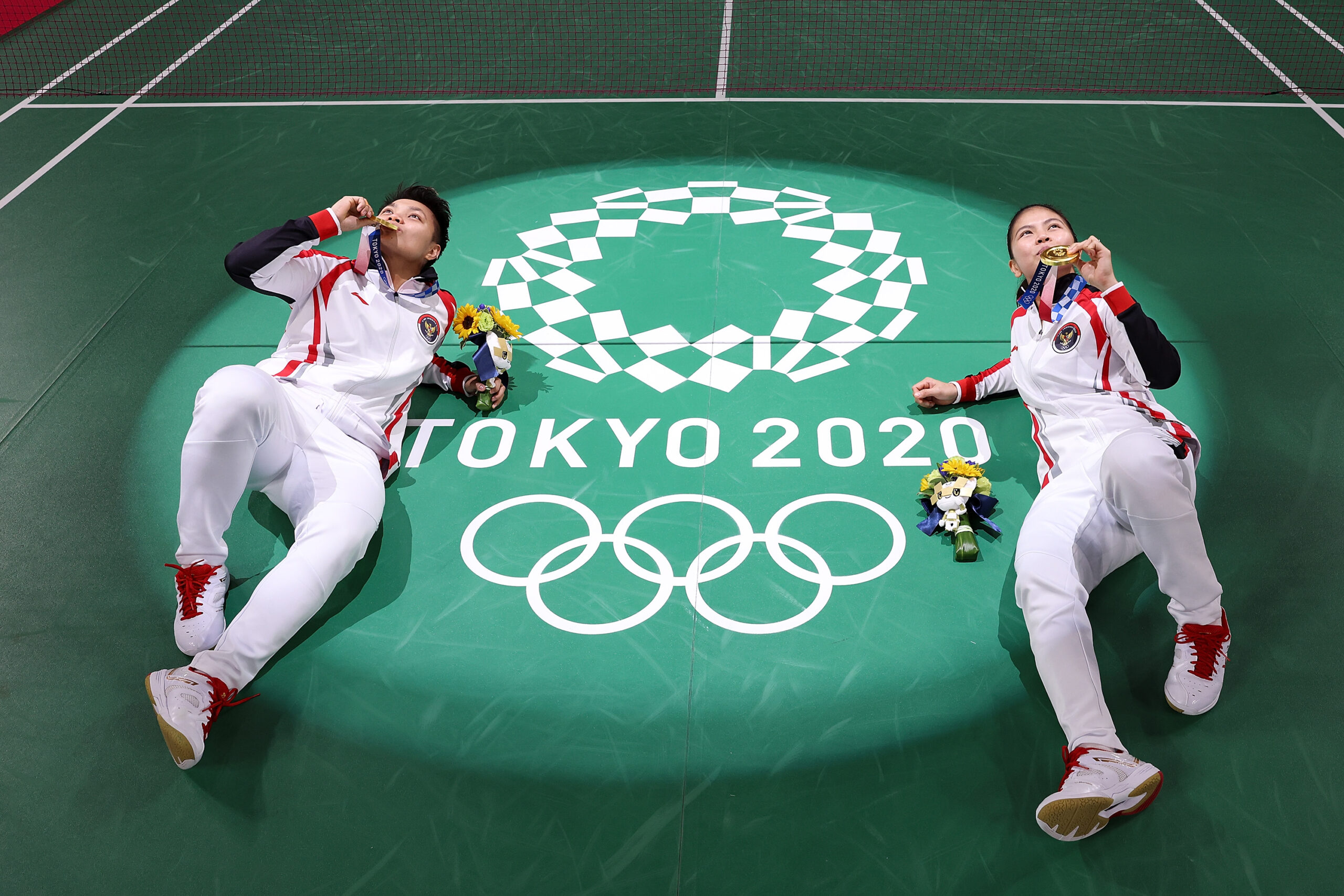
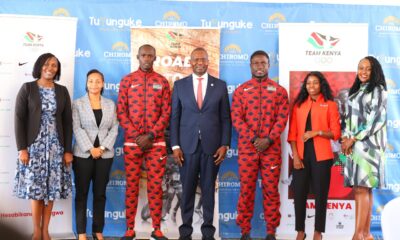

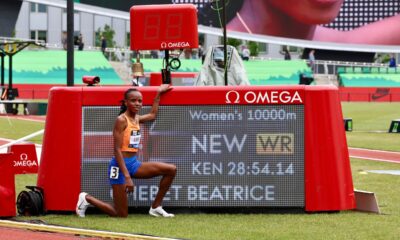

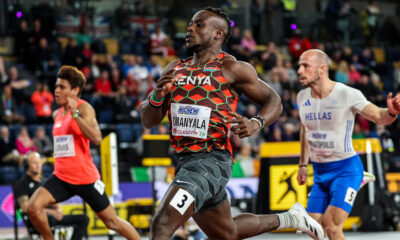







You must be logged in to post a comment Login